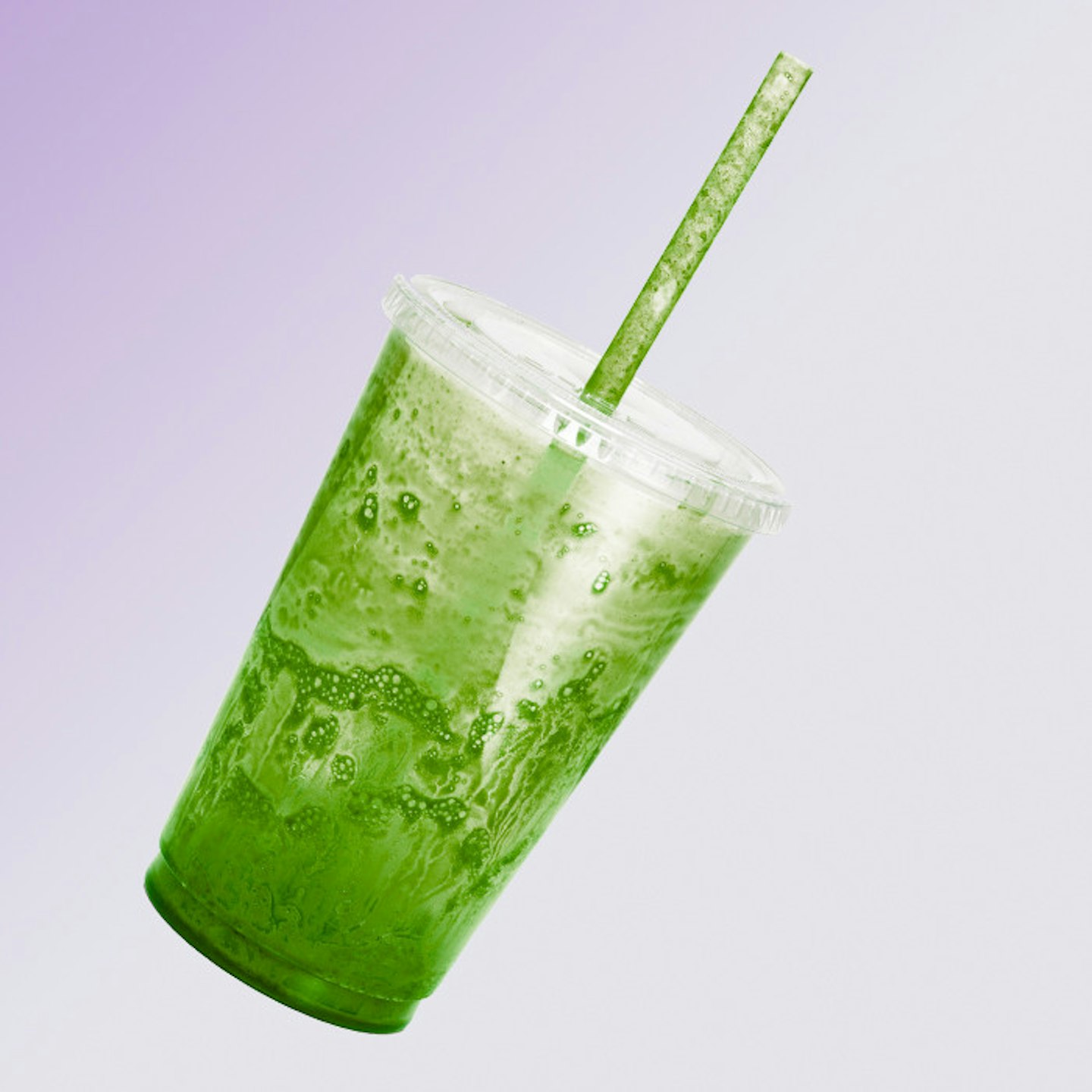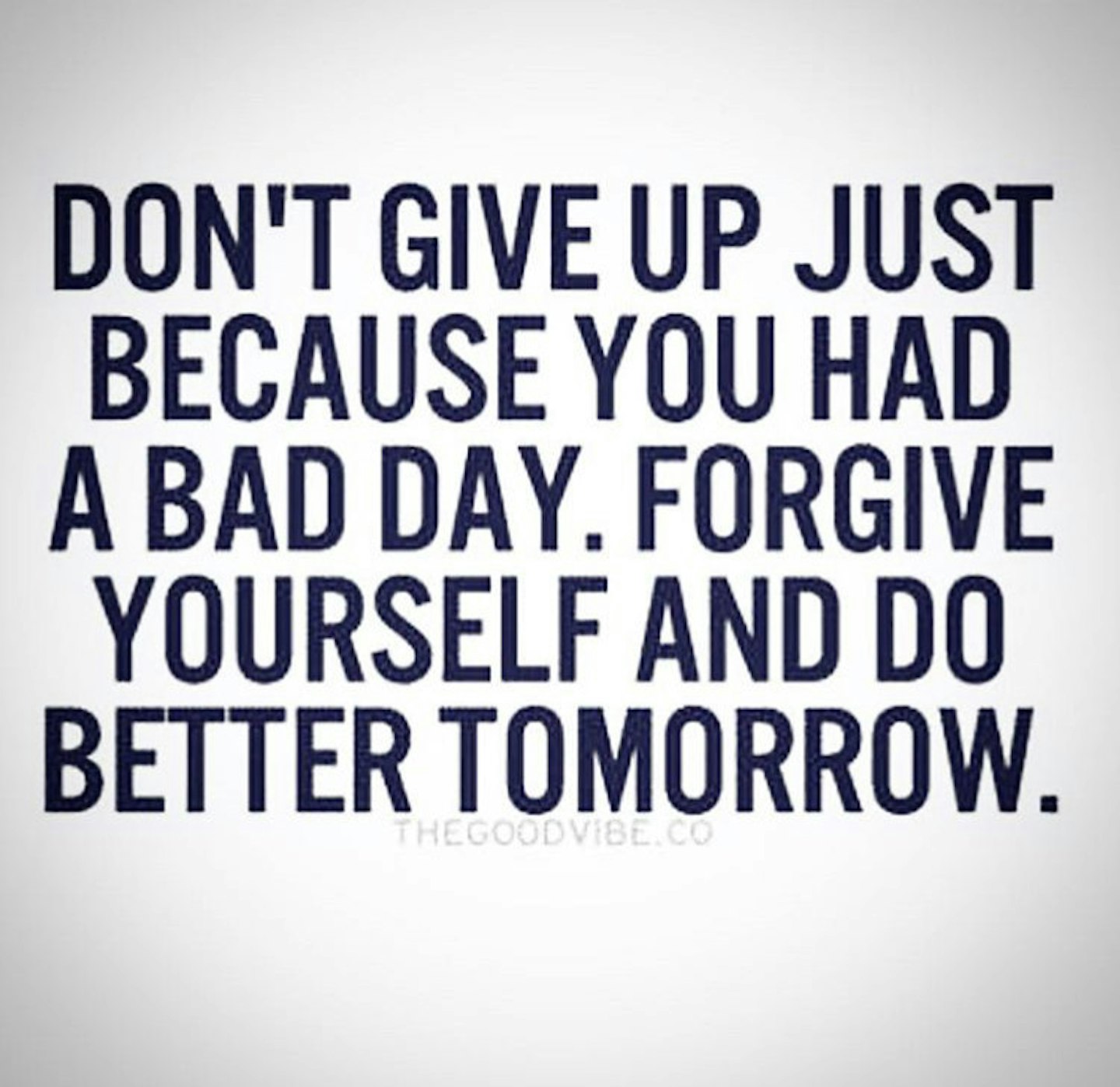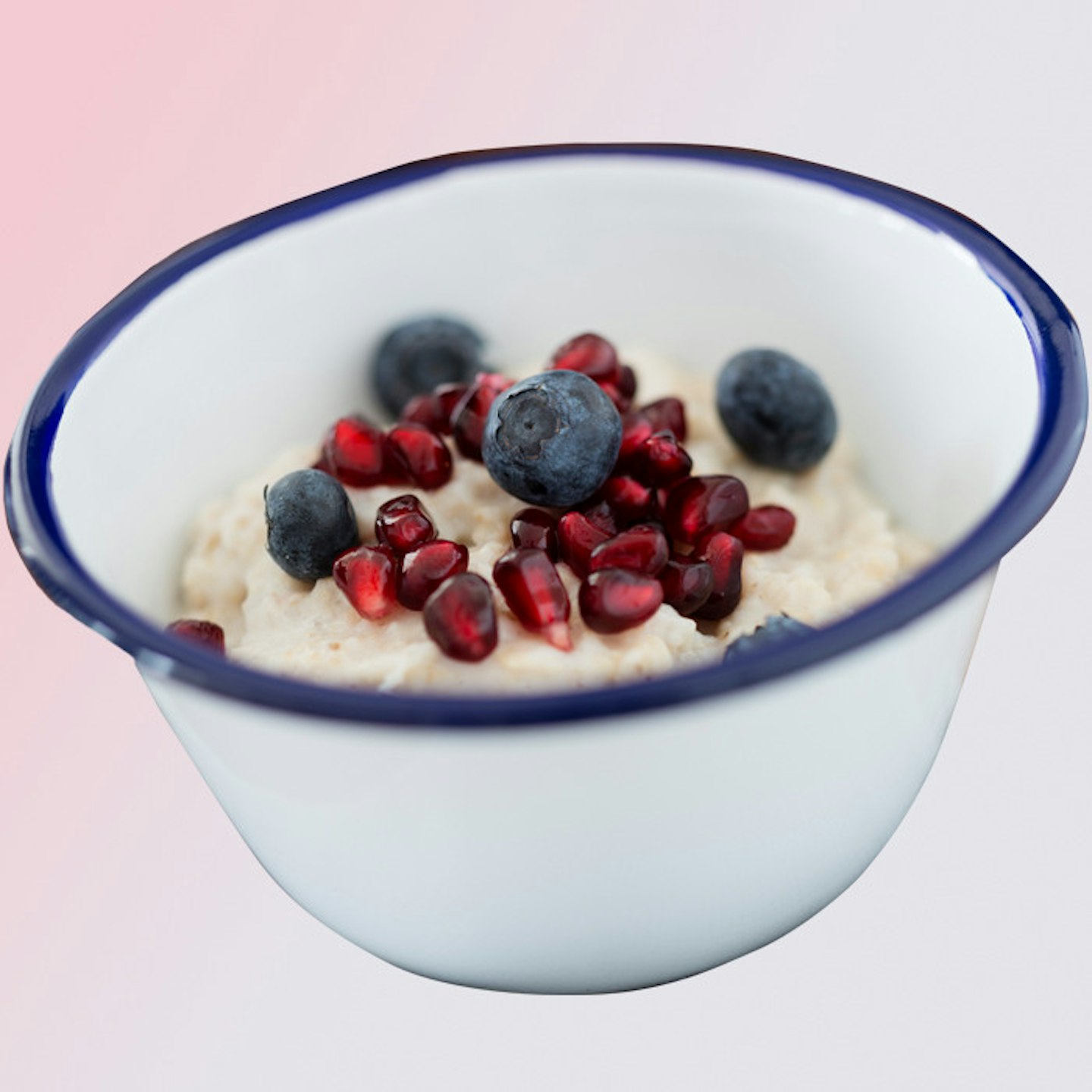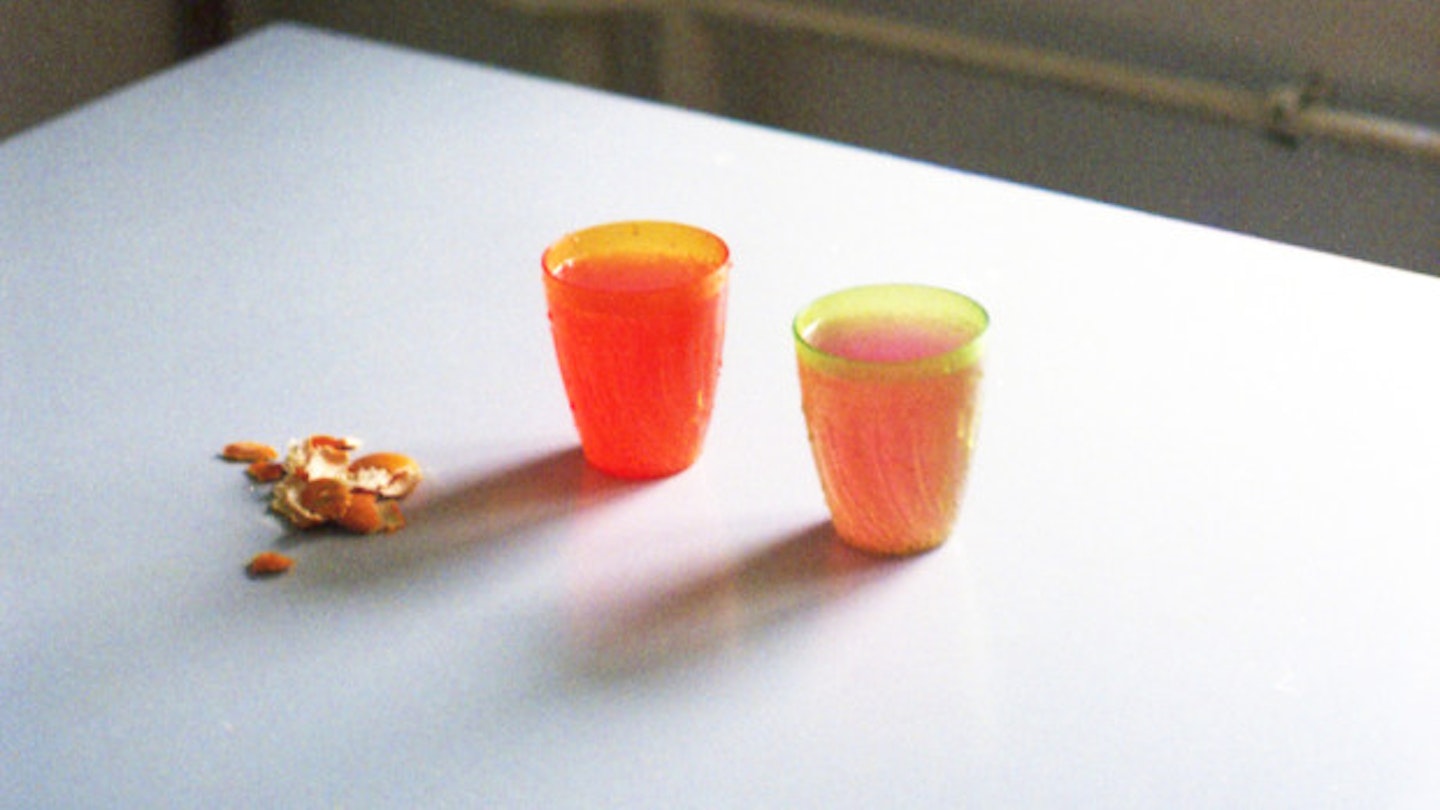What is happiness? To many it’s having satisfaction and meaning in your life. Today it seems to go hand in hand with wellness, wellness being the ying to your happiness’s yang. The pursuit of wellness, so it seems, is a guaranteed path to wellbeing and happiness.
Unless you’ve not ventured onto the Internet since roughly 2008, you’ll be aware of the prominence of ‘wellness bloggers’.
To achieve wellness, you must eat correctly (read: clean), exercise regularly (preferably in an aesthetically pleasing, Instagram-friendly way), practice some sort of mindfulness, meditation and/or yoga, be ambitious in a social media sanctioned way and have just the right amount of interest in consumer objects.
There are 7,050,627 public posts tagged with the hashtag wellness on Instagram. The images which belong to this hashtag consist largely of healthy foods, exercise shots, people doing yoga, and inspirational aphorisms which read things like ‘if you have a dream, you have a duty and a responsibility to yourself to make it come true’ or ‘the only journey is the journey within.’
Wellness is an umbrella term, encompassing everything from the modern gospel that is yoga and mindfulness to the edicts of organic everything and clean eating. It’s also self-help, self-healing, personal growth and personal development.
The birth of the wellness movement

According to a 2010 study ‘the wellness movement began after the end of the Second World War’, then it primarily focussed on physical as opposed to spiritual health. As technology and medicine progressed, taking us from an industrial world into a post-industrial age of technology and late capitalism ‘chronic and lifestyle illnesses (e.g. heart disease, diabetes, cancer), associated with numerous stressors in life and the workplace, became the primary health concern.’
Wellness is generally considered to be the absence of illness or disease and the presence of physical health and happiness. As the World Health Organisation defines it ‘health is a state of complete physical, mental and social well-being and not merely the absence of disease or infirmity.’
In the last 10 years wellness blogger (that’s someone who blogs about general wellbeing, nutrition, exercise and / or spiritual health) has replaced ‘working in a nondescript area of fashion’ as the aspirational career for young women. Perhaps it began with Gwyneth and Goop, perhaps her foray into capitalising on wellness was the logical conclusion of government drives to stop us getting sick and failed attempts to instil in us the values of exercise and healthy eating.
Today, however, the meaning of wellness has morphed into something far larger. No longer is it solely about physical health, it’s about mental and spiritual health. Undoubtedly these are incredibly important and fundamental building blocks for any healthy life. But nor is it simply a matter of public health, wellness is a behemoth business, a fast-growing industry which tells us that we can imbue meaning in our lives by spending money on our wellbeing.
What does wellness actually do?
The business model of wellness – from yoga to mindfulness retreats, from clean eating paleo cook books to tech detox gurus – works. But, how well are we? How happy are we? Is wellness really an antidote to the stresses and problems posed by modern life? Or, is it an ideology which is being neatly packaged up and sold back to us, allowing companies to profit from our lack of sleep, time and energy? The more you love yourself, we are told, the richer you are. Has the business of taking care of yourself been privatised? It’s certainly expensive. It’s also become more inward looking, focussing on your own personal journey via Instagram, as opposed to something which happens in the community. Can you really buy happiness?
Bethany* is 28, she’s increasingly sceptical about wellness. ‘I could wax lyrical about the positive impact wellness could have in your life, both psychological and physical, but I think wellness - unfortunately - has become too embedded into pop culture. It's meaning has become a bit generic.’
For her, Instagram is partly to blame. ‘Posting on Instagram about wellness makes you as a person look better because it conveys a deeper meaning. It doesn't help that a lot of people who are into mindfulness carry the same air of smugness that some clean food diets do. In terms of fitness and diet wellness, I really do think there is a fine line between a concern for your wellness in general, and a body obsession that can be taken too far.’
Scrolling through the ‘wellness’ hashtag begs the question of whether we are worshipping false idols under a hegemonic umbrella? There’s a lot to be concerned about today. We live more sedentary lives than ever, which is proving to have dire consequences for our health. But, in a post-industrial technocracy we must all sit at our desks to make the cogs go round. We’re increasingly anxious and, as opposed to getting out into the world and into our communities, we communicate via networks online. Can any of this be counteracted by some inspirational aphorisms, green juice or a mindfulness course?
The sense is that none of the problems you face could be cause by external factors – like your student debt or the housing market. No, the problem lies with you and definitely not with the government or economic climate. It’s you who’s sad, exhausted and letting everything get on top of you.

A few years ago I sat down on a therapist’s couch. I was pretty stressed out. I’m not talking about low level stress and worry, I was having weekly panic attacks which knocked me for six and took days to recover from. Between us we established that my precarious housing situation and increasing rent were a contributing factor. ‘I just don’t buy it’, my therapist said. ‘What?’ I asked. ‘I just don’t buy that your generation are so hard done by, that you can’t make this work. You can overcome this, you can choose to overcome it.’ And so, we tried to overcome it, attempting to conquer global economic downturn and a shortage of housing with CBT (cognitive behavioural therapy), mindfulness, meditation and avoiding sugary foods which exacerbated my fluctuating panic-inducing levels of adrenaline. Did it help? Yes, and I would not want to belittle the mechanisms tried and tested out on that couch. Was it a solution to my problems? No. By looking within and practicing radical self-care I developed coping strategies but I did not eradicate the the things which distressed me. It’s only since I’ve taken concrete and practical action by engaging in politics and campaigning for better rights for renters in England that the dread and low level alarm has assuaged.
Sarah wonders whether wellness is a distraction. ‘I think we all need to stop obsessing over stupid shit like the sugar content of tomatoes and acknowledge the disconnect between the way we wanted our lives to be when we were younger and the reality of them now’ she says. ‘Just because your life isn't as perfect as you hoped doesn't mean you need to obsessively start spinning and soaking chia seeds in order to get an approximation of it. We've all become overly obsessed with wellness at the expense of being happy and content with what we've got.’
The knock on effect of applying such intense scrutiny to how we eat, exercise and think in line with what’s trending in terms of wellness is, according to Sarah, that it feeds our narcissistic tendencies. ‘That’s also why wellness is attractive’, she says, ‘it makes you look good.’ Looking good, appearing to be well isn’t the same as being and feeling well.
The wellness syndrome
In The Wellness Syndrome, Carl Cederström and André Spicer write about wellness as an ideology. They argue that it has elevated our obsessions with ourselves and, as a result, damaged political engagement. If we are obsessed with being individually well, they argue, then we are not well together.
Cederström and Spicer argue that wellness, like the notion of ‘positive thinking’, assumes that everything is in your power. What follows logically from that is that if bad things happen to you it is then nobody’s fault but your own. They conclude that the apparent optimism which encourages us all to be ‘well’ and practice ‘wellness’ hides a more sinister, brutal libertarian lack of compassion on the part of those who make decisions that may impact us negatively.
Ultimately what their book asks is this: ‘where does our preoccupation with our own wellness leave the rest of the population, who have an acute shortage of organic smoothies, diet apps and yoga instructors?’

In asking this Cederström and Spicer go where the likes of Barbara Ehrenreich have gone before. Her book Smile Or Die: How Positive Thinking Fooled America And The World, argued that the wellbeing agenda had been used by those in power – businesses and governments – to shift responsibility away from organisations to individuals. Thereby, she reasoned, the conversation had been systematically shifted away from questions of social justice to questions of individual wellbeing.
Will Buckingham is a philosopher and author of *Introducing Happiness: A Practical Guide*which, somewhat ironically, is available to purchase in Urban Outfitters. I ask him whether wellness is really the road to happiness?
‘These questions are incredibly pertinent. This does worry me. It worries me when work places say to their employees “are you feeling overworked or stressed? How about enrolling on a lunchtime mindfulness course?”’ he says.
Does wellness = happiness?
As Will sees it ‘there has been a slow growth in personal improvement’ over the last century. ‘I’m thinking of adverts from the 50s and 60s which have that tone – personal endeavour and personal advancement’ he says, ‘I do wonder if it’s the rise of consumerism and over-arching global capitalism where people are trying to sell to us. At the end of the day corporations are trying to sell us something: particularly the sort of life we can have and the particular type of person we can be if we buy their product.’
If wellness as we know it today is the nadir of that then it’s right that we should be critical of it, both as an ideology and as a product. ‘We’re constantly monitoring ourselves - worrying about whether we’re spiritual enough or whether we’re eating enough kale’ Will says, ‘we’re also constantly monitoring people in other ways. In the workplace, for instance: are they being productive enough, are they being excellent enough? This perpetual monitoring of excellence ultimately seems to be something which doesn’t serve excellence as much as exhaustion. I think concepts of wellness have genuine and very positive uses, but also very serious downsides.’
He’s right. We should not dismiss the benefits of wellness and its associated means of self-improvement – be they healthy eating or meditation. However, nor should we consume them with our eyes closed. Happiness is important, as Aristotle saw it happiness is essential to living a ‘good life’. Even in such an ancient conception of happiness the individual was central to attaining it, however Aristotle’s version of a ‘good life’ also involved operating within a society which shared your values and valued your virtues.
Today we feel guilty for not exercising as much as we should and consuming clean food. Wellness has taken hold to the extent that many of us feel guilty for not being happier, despite the very real obstacles and difficulties that we face in our day to day lives. There’s something punishing in that, an element of competition which doesn’t contribute to an overall, global sense of wellbeing in society at large.
It’s important to be healthy but it’s also OK if you don’t want to start your day with a rave-themed spin class at 6am before you consume a £7 green juice on your way to work, all the while maintaining that positive outlook and can do attitude by going through a positive thought shower on the bus. You can find your wellness and your happiness elsewhere.
Like this? You may also be interested in:
If Your Anti-Depressants Are Making You Feel Worse Not Better, This Might Be Why
7 Salmon Recipes To Make A Healthy Dish To Eat For Your Fancy Dinner
This article originally appeared on The Debrief.
